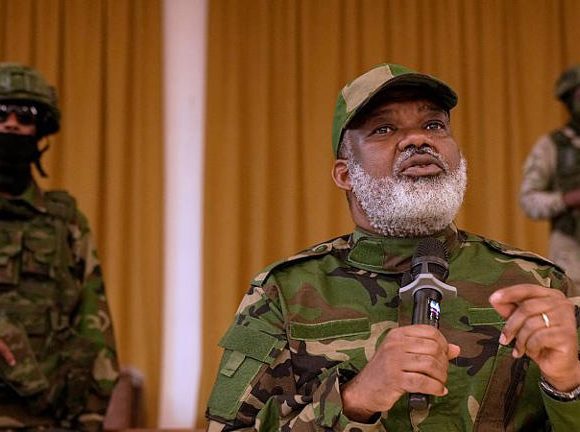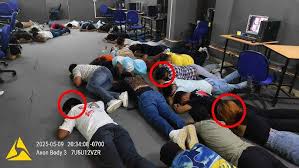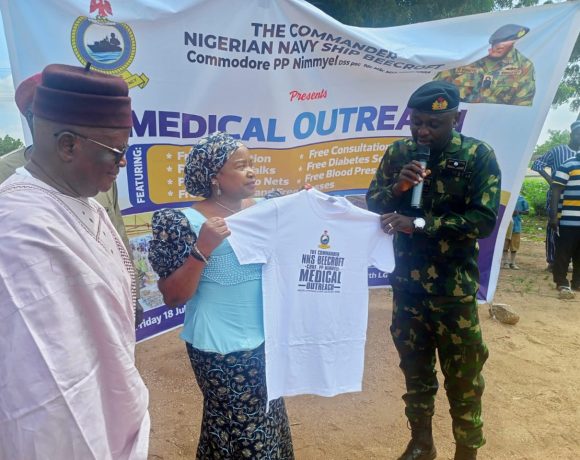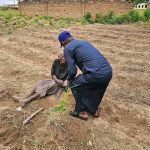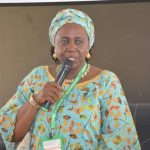We Are Not Refugees, We Are Forgotten: Nigeria’s Benue’s IDPs Cry Out

Nigeria
In the capital city of Nigeria’s Benue Makurdi’s International Market Camp, the stench of suffering covers the earth like the blanket of dust that coats the IDPs’ worn-out mats. Children run barefoot across the filthy ground, their laughter drowned out by the plaintive wails of new mothers and the groans of the sick. This is life for more than half a million men, women, and children scattered across Benue State, northern Nigeria—lives obliterated by violence and neglect, their only hope a desperate chant: “We want to go back home.”
After last month’s brutal massacre in Yelwata, which left over 200 dead and forced nearly 4,000 more to flee, survivors like Dooshima, a young mother from Guma, describe being chased from their ancestral land by gunfire and flames. Now, huddled among thousands in Ultra International Modern Market IDP Camp in Makurdi, she says to the Sky News Africa correspondent, “We ran for our lives. Everything we own was left behind. Every day, we pray the government brings us home, but nobody comes.”
Camps of Misery and Hunger
Makurdi is not alone. In Gwer West, Agatu, Ukum, Kwande, Logo, and Guma, IDPs crowd into over 13 formal camps, many more make do in makeshift shelters or sleep under tarpaulins beside the road. In Naka, Gwer West, the skies were recently black with mourning as fresh violence pushed hundreds into a squalid new camp. Local officials say over 615,000 people are now displaced in Benue. Some reports count as many as two million living in limbo across the state, each one’s story a tale of loss and longing.
Another survivor, Simon Adakole—once a thriving fish farmer in Agatu—shares with Sky News Africa, “They killed my brother in front of me. They set our fields on fire. Months have passed, and still there is not enough food here for us to eat even once a day.” Amnesty International’s July 2025 visit to the camps exposed “squalid conditions: no clean water, no proper toilets, and barely enough food to survive. Women sleep in fear, children fall sick from malaria and typhoid, and nearly every day there is a new birth to a mother who gets no medical care.”

Camp officials in Makurdi report 15 births and more than 120 pregnancies at one site alone—almost all without professional care, highlighting both the traumatic living conditions and the rising risks for women and children.
Broken Promises and Forgotten People
Aid does sometimes arrive—bags of rice or a new borehole in Daudu or Gbajimba camps—but supplies are never enough. Starvation and anger fuel protests: just last month, hundreds marched in Makurdi to demand an end to what they called “government neglect and diversion of aid”.
The causes of this tragedy are tangled and relentless. For years, Fulani-herder attacks have devastated farming communities in Benue—Guma, Logo, Agatu, Gwer West, and beyond—pushing entire villages to the brink of extinction. In the aftermath, international donors like the European Union scramble to help, pledging millions for rapid humanitarian relief. But in the low, smoke-filled tents where IDPs wait, hope remains a rare commodity.
Can Anything Change?
Governor Hyacinth Alia’s five-year action plan promises agricultural training and farmer cooperatives for over 4,000 IDPs, but implementation is a distant dream to those who have barely eaten today. While organizations like the Foundation for Justice Development and Peace (FIDP), UNICEF and the International Organization for Migration (IOM) build wells and toilets, most camps remain dangerously overcrowded and unsafe, plagued by gender-based violence and disease outbreaks.
The IDPs’ chants—“We want to go back home!”—are not reckless wishes. Every displaced family knows too well the dangers lurking in their home villages, yet they cannot bear this daily torment: hunger, sleepless nights, crushing poverty, the pain of being abandoned by their leaders.
As one IDP told Sky News Africa, “Until they fix the insecurity, we will remain here. But if things get any worse, maybe we will die here too.”
People like Dooshima and Simon Adakole—along with the voices of Gwer West, Agatu, Logo, Guma, Kwande, and Makurdi—demand more than promises and excuses. They demand food, safety, dignity, and a future. Whether the government will deliver even these basics, as they work towards peace and security, remains the question echoing through Benue’s camps—and the answer, for now, is written in hunger and tears.


